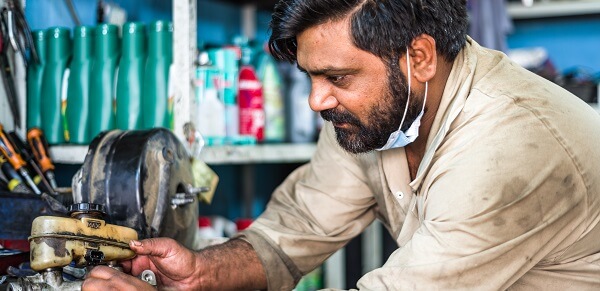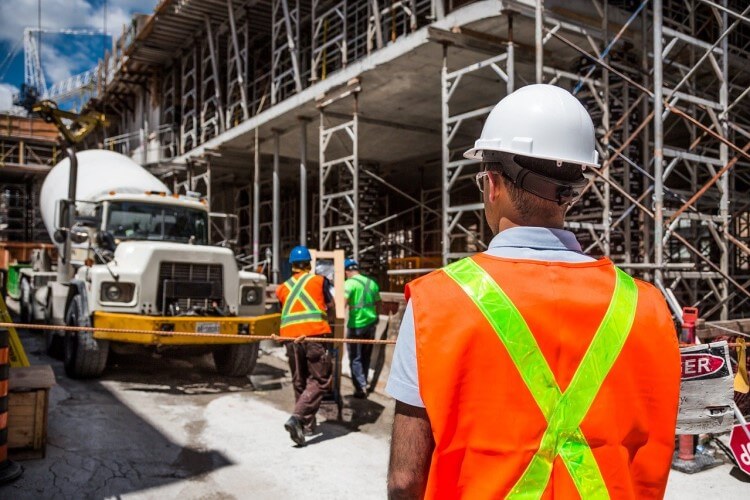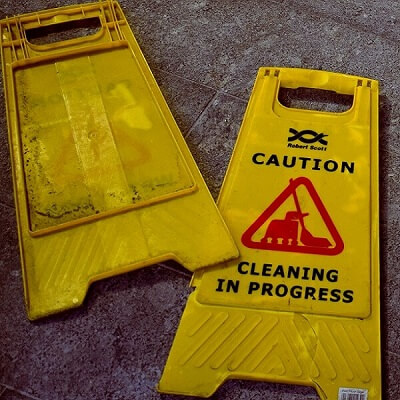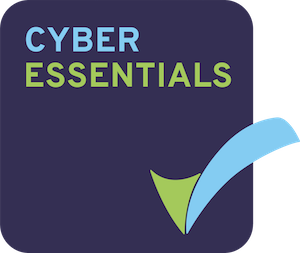Lone workers operate in many sectors. Sometimes, though, it may not be clear which of your employees are included under this designation. In order to provide adequate lone worker protection, it is important to know who needs to be safeguarded. We will take a look at what a lone worker is and briefly explore methods of protecting them.
What is a Lone Worker?
According to the Health and Safety Executive (HSE), a lone worker is anybody who works “by themselves without close or direct supervision“. This definition applies whether they’re a contractor, employee, or self-employed person.
Under this definition, an employee is considered a lone worker whenever they cannot be seen or heard by a colleague. As such, many employees may spend a small part of their working day as a lone worker. This definition also counts for staff who are working from home.
Often, a lone worker is performing an isolated role. However, this is not always the case and it is important to recognise that some employees may count as “hidden lone workers”.
A hidden lone worker is likely to be on-site with other staff members, but out of sight or earshot. They could be in a different part of the building, working late in an office when colleagues have left, or be performing their role in a public setting away from other employees.
As such, you should have systems in place to protect your employees if lone working is required.
Who is a Lone Worker?
There are many different sectors that employ lone workers. Lone worker alarms can benefit all of them by putting their minds at ease while working alone. Here is a brief overview of roles that may involve lone working.
Construction – Lone workers in the construction industry face lots of hazards. Protect your employees from the risks of working at height or with hazardous machinery.
Security – Lone Alarms can put lone security workers’ minds at ease. Take the worry away from working alone, especially at night.
Healthcare – Healthcare workers face risks of violence and abuse from both patients and visitors. Keep them safe in the workplace and the community.
Travel – Those who travel for work face extra risks. Lone Alarms can put them and their employers at ease.
Retail – Retail workers can be vulnerable to assault or theft. Those who open and close premises alone are most at risk.
Community – Keep social workers and housing officers safe while they work with the public.
Education – Teachers, support staff, and maintenance workers can all benefit from lone worker alarms.
Logistics – Protect employees working in logistics, transport, distribution, and delivery.
How Many People are Lone Workers?
In the UK, it is estimated that between six and eight million people count as lone workers. This comes to roughly 20% of all workers in the country. The NHS is responsible for up to 100,000 of these workers.
Read More – Lone Workers: The Ultimate Guide

How to Protect Lone Workers
It’s important to consider the risks your lone workers face so you can keep them safe in the workplace. Lots of employers choose devices like the Lone Alarm to protect their staff.
Every employer is responsible for conducting a risk assessment. This is a process of identifying and assessing risks associated with a job role carried out by a worker. When carrying out a risk assessment for lone working staff, you must consider hazards related to the work being carried out, the people they meet, and the different environments they travel and work in. The purpose of the assessment is to identify how to control health and safety risks for all employees. This is especially important for lone workers.
Risk Assessment
The Health and Safety Executive (HSE) advises employers to follow these five steps when carrying out a workplace risk assessment:
- Identify hazards, i.e. anything that may cause harm.
- Decide who may be harmed, and how.
- Assess the risks and take action.
- Make a record of the findings.
- Review the risk assessment.
Learn more about protecting lone workers.
Protect Lone Workers with Lone Alarms
Lone Alarms can protect lone workers from the hazards they face in the workplace. If a lone worker needs help for any reason, they can raise the alarm quickly and easily. Just press and hold the two buttons on the Lone Alarm. This will raise an alert in our 24-hour Monitoring Centre. A member of our expert team will respond and arrange help.
Every Lone Alarm contains a GPS locator. This allows the team to send assistance to the worker’s exact location. The alarm also contains a built-in microphone and speaker, so the worker can tell the Monitoring Team what has happened.
Get Yours Today
To order your Lone Alarm or find out more about the service, call our friendly team on 0800 03 08 222.
Editor’s Note: This article was updated on 25th October 2023.












